- QATestLab Blog >
- QA Trends >
- Top Software Testing Trends in 2022
Nowadays, experienced software developers are well aware of the importance of professional QA and testing for their products. According to the World Quality Report 2021-2022, the benefits of incorporating a testing framework into the development process are now given more weight than ever before. Moreover, PR Newswire forecasts that over the years 2021-2025, the growth rate of the software testing market will accelerate and reach 12.39% annually.
However, what helps the most successful QA teams adapt to the dynamic requirements of the industry and continue bringing benefits to their customers? In this article, we will look for the answer by describing the top testing trends of this year. Let’s find out why the following QA practices have become so popular and how they can bring you the most business value.
#1 Test Automation
Automated testing is one of the best ways QA can help software developers get higher ROI in the long run and achieve Quality at Speed, which is the main principle of increasingly popular methodologies such as Agile and DevOps. The most important advantages of this type of testing include executing software checks in batches and saving time on regression testing. It means that several tests can run simultaneously, enabling manual QA engineers to devote more time to issues of higher priority and less monotonous tasks. In addition, test automation helps eliminate human error, optimize testing resources and increase test coverage.
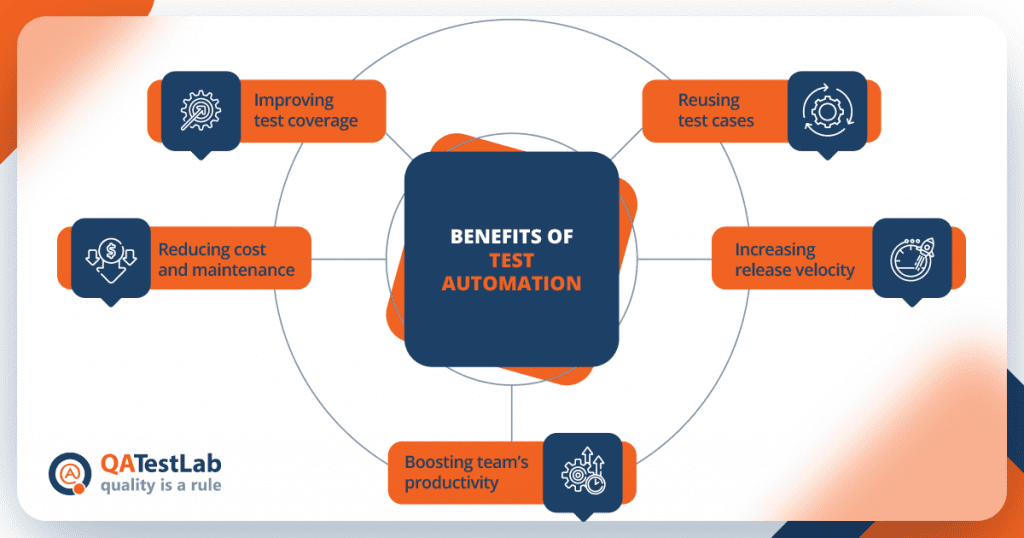
#2 IoT Testing
The IoT landscape is constantly broadening. According to IoT Analytics, the market grew 22.4% within the previous year and is expected to attain a 22% growth by 2027. More gadgets and IoT software will emerge as tech companies pursue the goal of developing smarter solutions. Since the IoT devices are constantly connected to the network, lack of security poses a major threat, and bugs in this type of software can lead to irreparable consequences. Testing IoT ecosystems is different from traditional QA because each element — data center, network communication, sensors, and application — must be checked in a different way. This is why it is essential to choose QA specialists experienced in testing embedded systems and ready to work with specific requirements and devices.
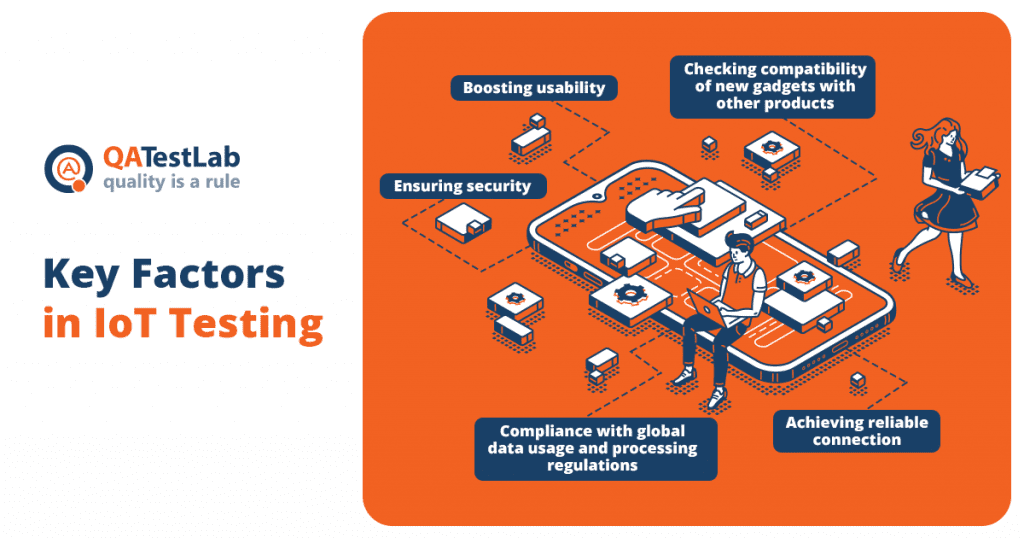
#3 Active Implementation of TCoE
Lately, software development companies have been producing increasingly complex solutions, which require more resources to be released. Nevertheless, tech teams are always pressured to reduce time-to-delivery. This is why the industry has long been calling for organizations to create a Testing Center of Excellence (TCoE). It is a framework that basically allows implementing unified tools, routines, metrics, and quality requirements for all testing teams and processes. The team of TCoE has to be made up of devoted QA specialists who will ensure that different testing projects are executed according to the same standards. Their task is also to verify that best practices are recorded and maintained. Such a structure makes it possible to successfully deploy new testers across teams and projects, as well as to strengthen the skillsets of QA engineers via training, continuous improvement of procedures, and fostering innovations. Creating TCoE is crucial for tech companies with complex organizational structure to facilitate and expedite the development process.
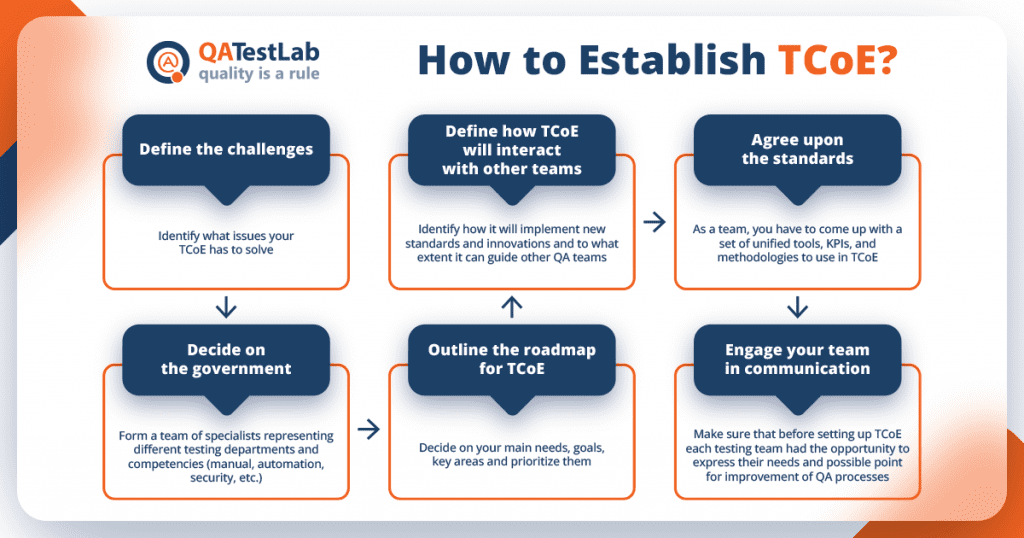
#4 Rapid Development of Test Environments and Growth of Test Data
Since IoT is on the rise, more and more software solutions and systems function in different environments. To execute test cases and ensure a complete test coverage for these innovative products, QA engineers will have to expand their offering of test environments and services. This year, experts predict increased usage of cloud-based environments and a significant spike in the implementation of AI/ML in testing. AI algorithms will be more frequently applied in QA to generate more test data, run tests without human participation and generally increase the number of automated processes.
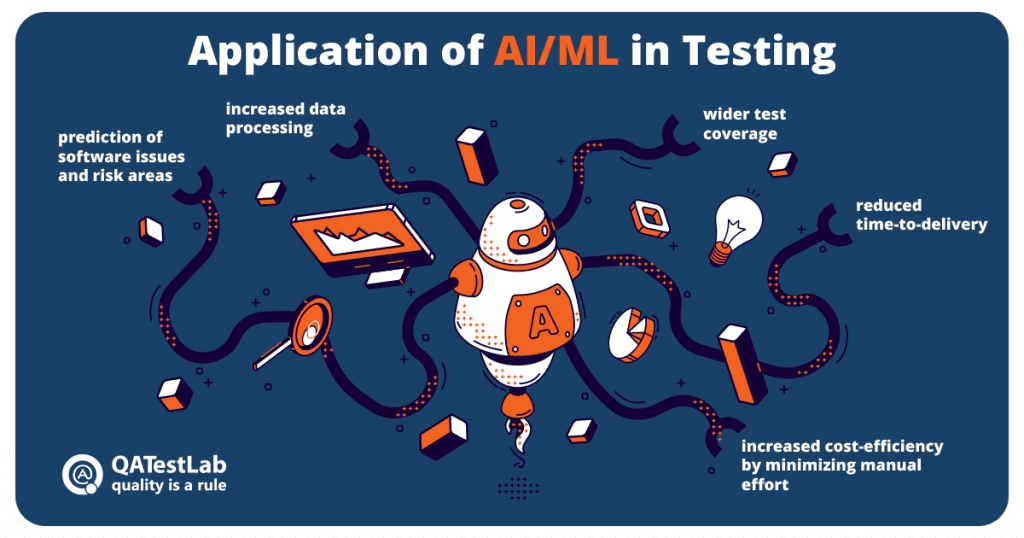
#5 Blockchain Testing
Blockchain technology has already conquered the IT world in terms of data storage, security, and management. An ever-increasing number of companies now accept cryptocurrency as a form of payment, and blockchain-based applications are becoming more noticeable in different industries. As a result, we have a greater demand for this type of software to be properly checked in order to ensure its stability and security. Blockchain testing is, in its nature, more complex than the traditional one since it includes the verification of all elements of the network, such as blocks, mining, transactions, wallets, smart contracts, etc. This is why it is important to use the services of experienced QA professionals to avoid security threats and financial loss for users and organizations.
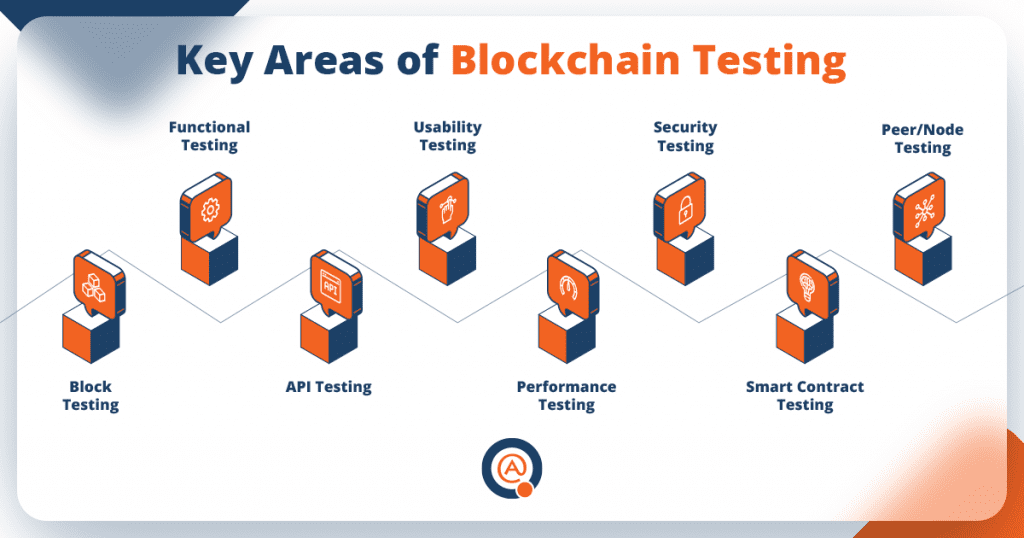
2022 is set to continue being very productive for the QA industry. Implementing new trends and innovations for software testing will lead to more reliable verification of solutions and more time-efficient QA as a whole.
If you are interested in one or several of the software testing trends mentioned above but have not decided how to include them in your QA framework, we are here to assist you. QATestLab offers a variety of testing services, and our tech experts are always ready to help you design the most effective QA strategy for your business.
Learn more from QATestLab
Related Posts:
- VivaTech 2025: Wearable AI, Next-Gen Robotics, and Assistive Accessibility Devices
- Inside Shoptalk Europe 2025: Hunting Retail AI Insights
- Automation Testing for Mobile Apps: Why It’s Essential and Our Key Services
About Article Author
view more articles

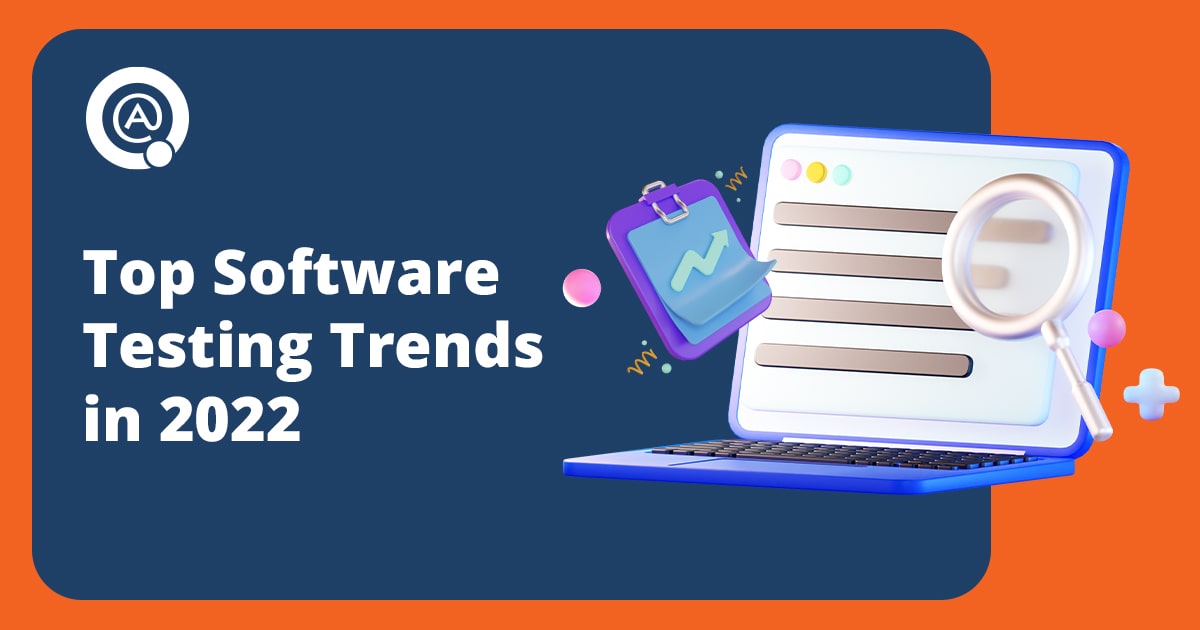




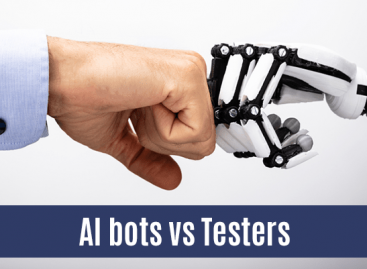

No Comments Yet!
You can be the one to start a conversation.